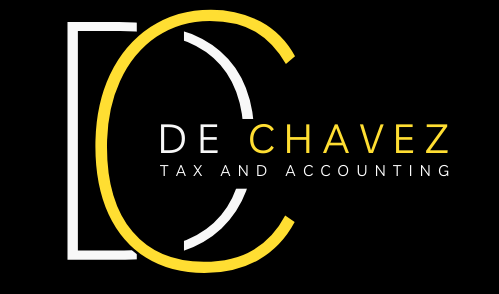Maximizing tax deductions is essential for small business owners to lower their taxable income and save money. Knowing which expenses are deductible and which are not can enable you to make well-informed financial choices all year round. Below is a detailed guide to assist you in navigating the intricacies of tax deductions for your small business.
- Gain a grasp of the fundamental aspects of tax deductions. By subtracting certain expenses from your total income, tax deductions reduce your taxable income. The IRS permits businesses to deduct necessary and ordinary expenses essential for their operations.
- Business Expenses Eligible for Deduction
- Supplies and Equipment for the Office
You can deduct the expenses for office supplies, including items like paper, pens, and printer ink.
Equipment such as computers, printers, and furniture is also deductible, although larger items may require depreciation over time.
- Rent and Services
The rent paid for your business property is eligible for deduction.
Utilities such as electricity, water, internet, and phone services used for business purposes can be deducted.
- Business Travel Expenses
You can deduct expenses for business travel, such as airfare, hotel accommodations, car rentals, and meals.
Make sure to maintain detailed records and hold onto receipts for all your travel-related expenses.
- Employee Salaries and Benefits
Salaries, wages, and bonuses given to employees are eligible for deduction.
Employee benefits like health insurance and retirement plans are also deductible.
- Advertising and Marketing
Expenses linked to advertising your business, such as online ads, print ads, and promotional materials, can be deducted.
This also includes website development and maintenance costs.
- Professional Services
The fees you pay to accountants, lawyers, consultants, and other professionals for business-related services are deductible.
- Business Insurance
The premiums you pay for business insurance policies, such as liability insurance, are deductible.
- Deducting Home Office Expenses
If you conduct your business from your residence, you might be eligible for the home office deduction. This allows you to claim a percentage of your home-related expenses, including mortgage interest, rent, utilities, and insurance, based on the portion of your home used for business purposes.
- Claiming Vehicle Costs
If you utilize your vehicle for business activities, you can deduct the associated expenses using one of the following methods:
Standard Mileage Rate: Deduct a set amount per mile driven for business use.
Actual Expense Method: Deduct the real costs incurred, such as fuel, maintenance, and depreciation.
- Education and Training
You can deduct expenses for business-related education and training, such as workshops, seminars, and courses, if they help improve or maintain the skills necessary for your business.
- Deductible vs. Non-Deductible Expenses
It’s crucial to differentiate between expenses that are deductible and those that are not:
Deductible:
– 50% of business-related meal expenses are deductible
– Interest paid on business loans
– Software and subscription services used for business purposes
Non-Deductible:
– Personal expenses
– Political contributions
– Commuting expenses to and from work
- Documentation
Keep thorough and precise records of your business expenditures. Save receipts, invoices, and other paperwork to validate your deductions. Maintaining good documentation will be beneficial for tax preparation and in the event of an audit.
- Seek Advice from a Tax Professional
Tax regulations can be intricate and frequently updated. Seeking guidance from a tax specialist or accountant can ensure that you capture all available deductions and comply with tax laws.
By grasping and implementing these guidelines, you can effectively optimize your tax deductions, reduce your taxable income, and retain more funds within your business.
P.S. Got questions or need personalized advice? Feel free to reach out!

